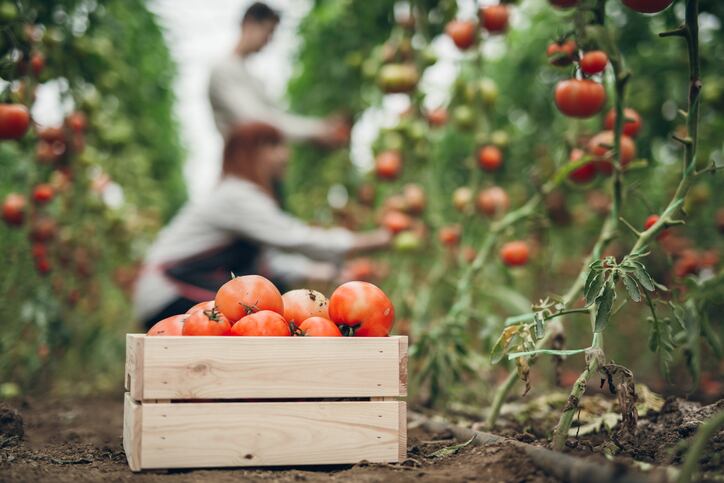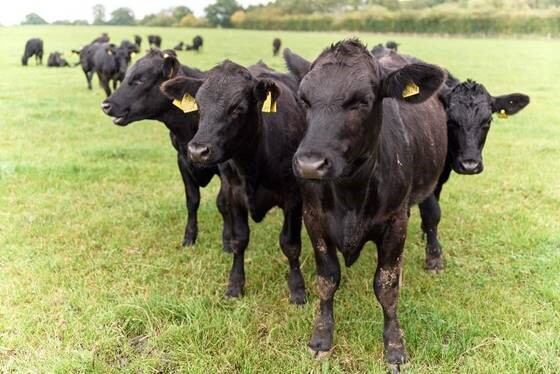In a study of 79 global agri-food firms, 50 (63%) publically refer to the potential of regenerative agriculture as a solution to the climate and biodiversity crises, but almost two thirds of these businesses (64%) have not put in place any formal quantitative company-wide targets to achieve those ambitions.
Only four of the 50 companies – Nestlé, PepsiCo, JBS and Sodexo – have set financial targets to support farmers in their supply chains to incentivise the uptake of regenerative agriculture.
Lack of definition
The research by the Farm Animal Investment Risk & Return (FAIRR) Initiative also found that with no internationally agreed definition of ‘regenerative agriculture’ considerable variation occurs in how companies describe its benefits.
A lack of a clear definition makes it so regenerative agriculture claims are hard to substantiate, creating significant risk in terms of incoming regulation and changing reporting frameworks.
The research comes ahead of the EU Green Claims Directive due to come into force in 2026, which will put an onus on any food company marketing in the EU to substantiate claims such as those on regenerative agriculture, with the penalty for non-compliance reaching up to 4% of annual turnover.
New guidance from the Advertising Standards Authority in effect this year also stipulates that any environmental claims must be fully verifiable and substantiated.
Deep concerns over lack of commitment
Jeremy Coller, chair and founder of the FAIRR network, said: “It’s encouraging that two-thirds of the sector now report ‘regenerative agriculture’ as a way to mitigate this damage, but deeply concerning that only one third of these companies have implemented formal targets to institutionalise the take up of regenerative practices in their supply chain.
"FAIRR’s research shows there are more promises than progress in the agri-food sector. Investors will want to see measurable targets that match companies’ stated ambitions on regenerative agriculture if they are to ensure they don’t fall foul of anti-greenwash regulations.”
Earlier this month, some of the biodiversity risks that regenerative agriculture is designed to mitigate – including nutrient pollution, loss of pollinators and poor soil health – were named as key risks food companies should report against in the new, finalised Taskforce on Nature-related Finance Disclosures (TNFD) framework. Companies must be able to substantiate how they manage nature-related risks and opportunities, as well as their impacts on nature.
‘Key to addressing crises’
Jo Raven, director of thematic research and corporate innovation at the FAIRR Initiative, added: “Increasing uptake of regenerative agriculture practices is key to addressing the climate and biodiversity crises.
“Transitioning away from conventional practices towards regenerative practices creates risk for farmers as it will likely require significant upfront investment, such as new machinery, agronomic support and experimentation, and could impact short-term productivity for farms.
“Only 4 of the 50 companies assessed by FAIRR have committed to de-risking the transition through some sort of financial support for farmers. Without adequate support for farmers, there can be no successful regenerative agriculture.”
Meanwhile, food and drink firms are set to benefit from a €400k (£344k) funding pool to support projects that propose to bring about a positive impact on society.





